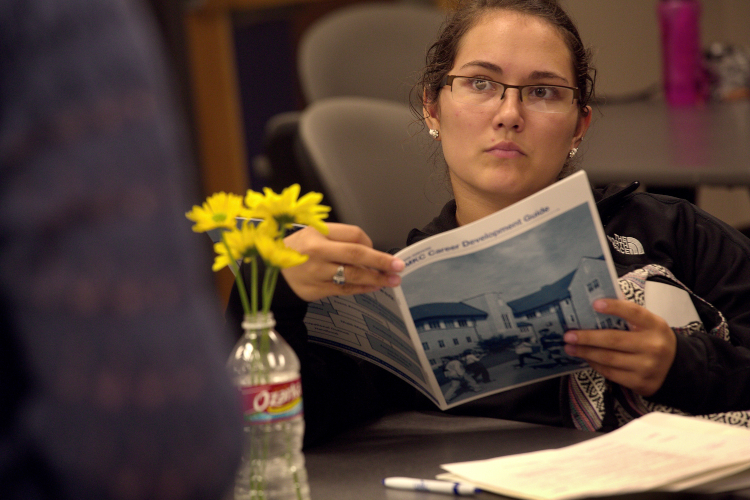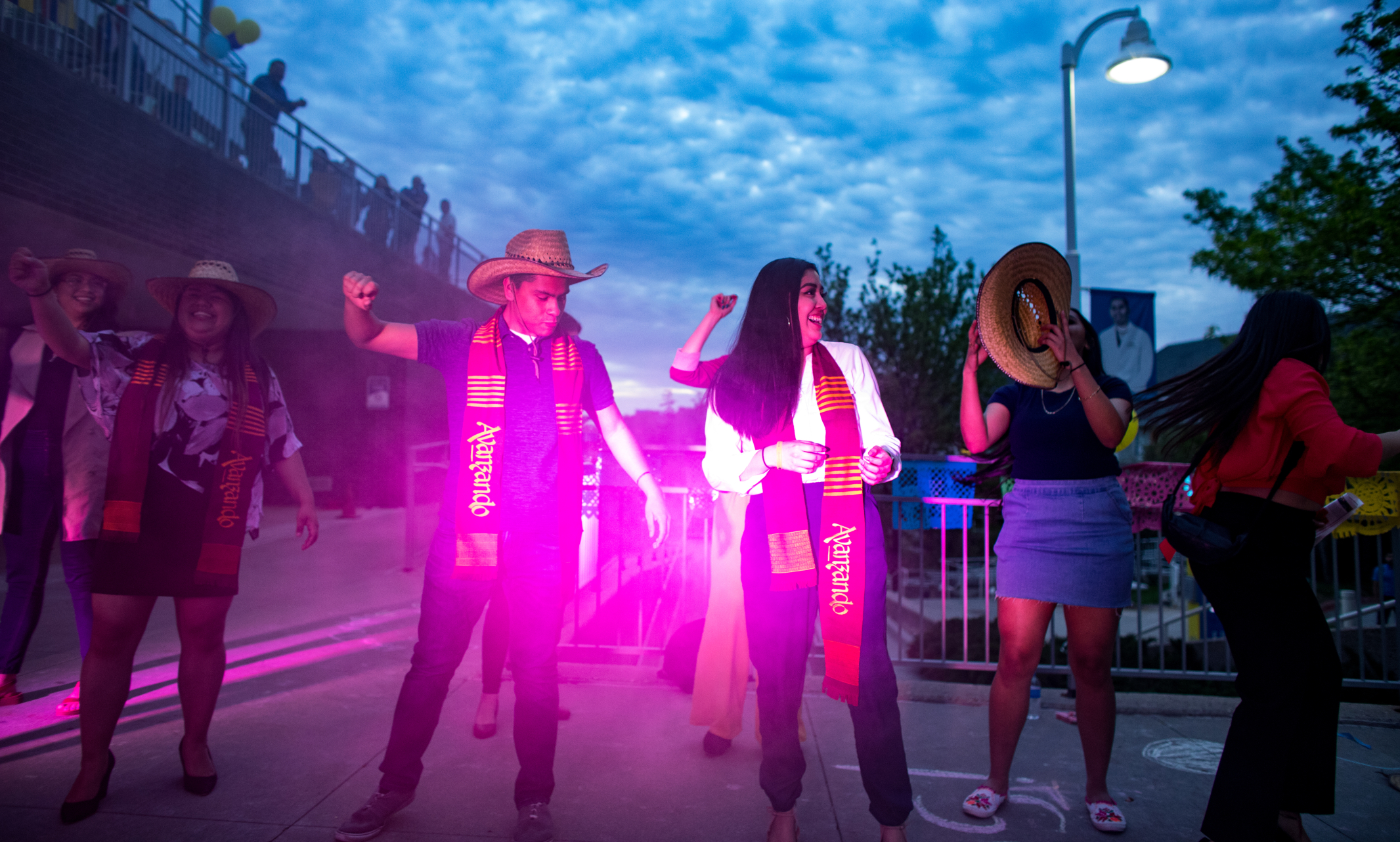Avanzando, a support and resource program for Latinx students at the University of Missouri-Kansas City, will celebrate its 10-year anniversary this year.
A decade ago, many Latinx students at UMKC felt they lacked a sense of belonging on campus and personal relationships with role models in the professional world for them to emulate. As a result, Avanzando was born.
"There was a clear need to support the growing Latinx student population, not only academically but also professionally, after graduation," said Alberto Villamandos, one of the founding mentors for the program. "We knew a membership program with Latinx and Hispanic faculty and the KC community was the way to go. Representation matters, and feeling that there are people who understand what you are going through as an undergraduate student, and who you can share your achievements with, was, and still is, critical."
The program began as a partnership between the UMKC Divison of Diversity and Inclusion and the Hispanic Development Fund. In 2017, the program transitioned to the Office of Multicultural Student Affairs, where it has expanded from only serving Hispanic Development Fund scholars, to any Latinx students interested in being served through the program.
Avanzando works to communicate to Latinx students that there is a place carved out for them at UMKC through supporting, mentoring resources and connections to help them do well in school, graduate and find success in their careers.
Goals of the program include increasing student retention, improving graduation rates and assisting in successful transitions of students into graduate school and/or career positions.

"The program started with 27 original members," said Ivan Ramirez, coordinator for the UMKC Multicultural Student Affairs Department and the Avanzado program. "In 2016, we had grown to 73 scholars, and then it grew to its biggest size of 260. Right now, we are at 150 scholars and we serve them just as well as we were serving the original 27."
Avanzando mentors are volunteers from UMKC faculty and staff, as well as community members with no ties to the university. Students are matched to mentors based on common goals and career interests and meet regularly with mentors throughout their time at UMKC.
Mentors offer students academic support, promote their cultural identity development and enhance access to resources and networks in the professional world.
"There is a wide range of mentors. We have lawyers, CEOs, doctors, dentists," Ramirez said.
"I think it's important for (students) to have somebody to talk with that looks like them, that has been through what they are going through. I am a first-generation (college graduate), so when they come talk to me and tell me their stories, I can relate to them, I've been in their shoes. That's what being a mentor is, it's so valuable to have someone that looks like you say, 'hey I've been there, I get it."
Villamandos said he feels proud of the success that Avanzando has seen over the years. He said that he is still in contact with many of the original members of the program as well as students he has mentored over the years.
"We are a family. That tells you how meaningful this program is to mentors and mentees alike," Villamandos said. "The academic and professional support has been proven, with great retention rates and so many students who went into grad school and great jobs."

